The Intel 9th Gen Review: Core i9-9900K, Core i7-9700K and Core i5-9600K Tested
by Ian Cutress on October 19, 2018 9:00 AM EST- Posted in
- CPUs
- Intel
- Coffee Lake
- 14++
- Core 9th Gen
- Core-S
- i9-9900K
- i7-9700K
- i5-9600K
Test Bed and Setup
As per our processor testing policy, we take a premium category motherboard suitable for the socket, and equip the system with a suitable amount of memory running at the manufacturer's maximum supported frequency. This is also typically run at JEDEC subtimings where possible.
It is noted that some users are not keen on this policy, stating that sometimes the maximum supported frequency is quite low, or faster memory is available at a similar price, or that the JEDEC speeds can be prohibitive for performance. While these comments make sense, ultimately very few users apply memory profiles (either XMP or other) as they require interaction with the BIOS, and most users will fall back on JEDEC supported speeds - this includes home users as well as industry who might want to shave off a cent or two from the cost or stay within the margins set by the manufacturer. Where possible, we will extend out testing to include faster memory modules either at the same time as the review or a later date.
| Test Setup | |||||
| Intel 9th Gen | i9-9900K i7-9700K i5-9600K |
ASRock Z370 Gaming i7** |
P1.70 | TRUE Copper |
Crucial Ballistix 4x8GB DDR4-2666 |
| Intel 8th Gen | i7-8086K i7-8700K i5-8600K |
ASRock Z370 Gaming i7 |
P1.70 | TRUE Copper |
Crucial Ballistix 4x8GB DDR4-2666 |
| Intel 7th Gen | i7-7700K i5-7600K |
GIGABYTE X170 ECC Extreme |
F21e | Silverstone* AR10-115XS |
G.Skill RipjawsV 2x16GB DDR4-2400 |
| Intel 6th Gen | i7-6700K i5-6600K |
GIGABYTE X170 ECC Extreme |
F21e | Silverstone* AR10-115XS |
G.Skill RipjawsV 2x16GB DDR4-22133 |
| Intel HEDT | i9-7900X i7-7820X i7-7800X |
ASRock X299 OC Formula |
P1.40 | TRUE Copper |
Crucial Ballistix 4x8GB DDR4-2666 |
| AMD 2000 | R7 2700X R5 2600X R5 2500X |
ASRock X370 Gaming K4 |
P4.80 | Wraith Max* | G.Skill SniperX 2x8 GB DDR4-2933 |
| AMD 1000 | R7 1800X | ASRock X370 Gaming K4 |
P4.80 | Wraith Max* | G.Skill SniperX 2x8 GB DDR4-2666 |
| AMD TR4 | TR 1920X | ASUS ROG X399 Zenith |
0078 | Enermax Liqtech TR4 |
G.Skill FlareX 4x8GB DDR4-2666 |
| GPU | Sapphire RX 460 2GB (CPU Tests) MSI GTX 1080 Gaming 8G (Gaming Tests) |
||||
| PSU | Corsair AX860i Corsair AX1200i |
||||
| SSD | Crucial MX200 1TB | ||||
| OS | Windows 10 x64 RS3 1709 Spectre and Meltdown Patched |
||||
| *VRM Supplimented with SST-FHP141-VF 173 CFM fans ** After Initial testing with the ASRock Z370 motherboard, we noted it had a voltage issue with the Core 9th Gen processors. As a result, we moved to the MSI MPG Z390 Gaming Edge AC for our power measurements. Benchmarking seems unaffected. |
|||||
We must thank the following companies for kindly providing hardware for our multiple test beds. Some of this hardware is not in this test bed specifically, but is used in other testing.


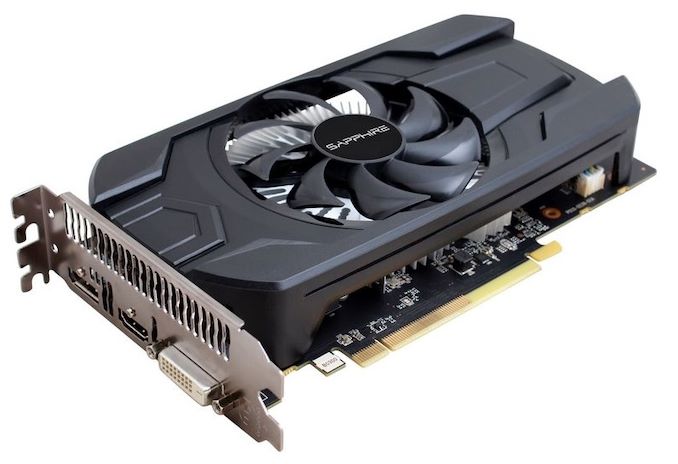
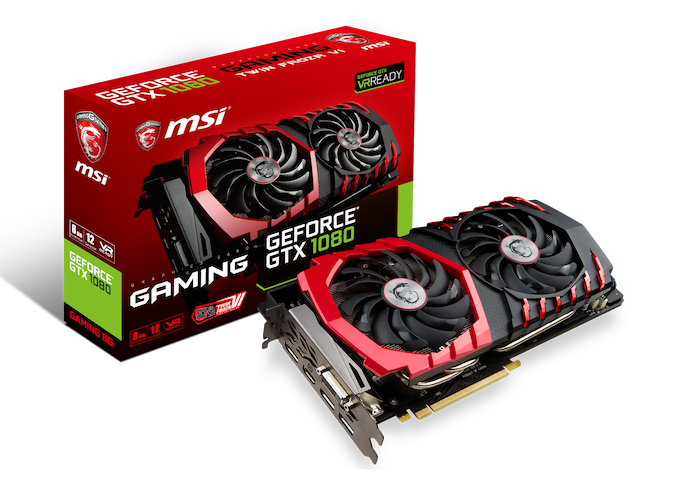
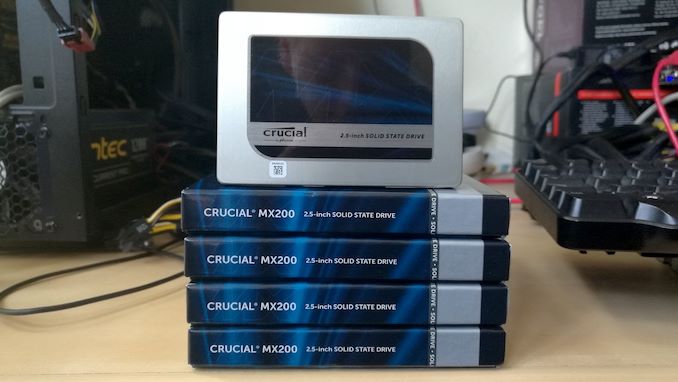
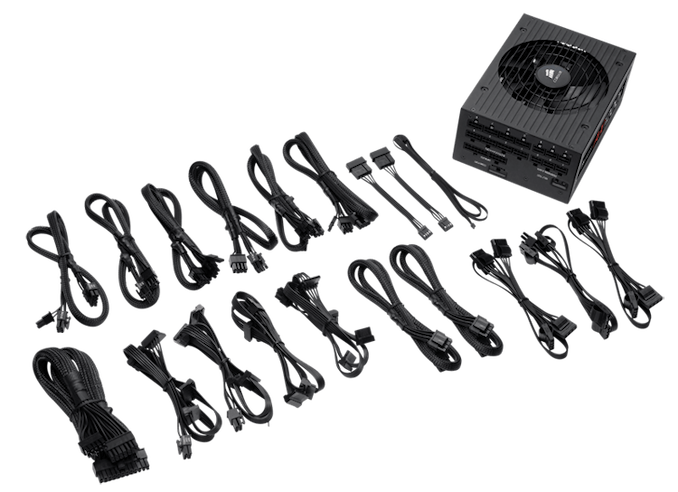
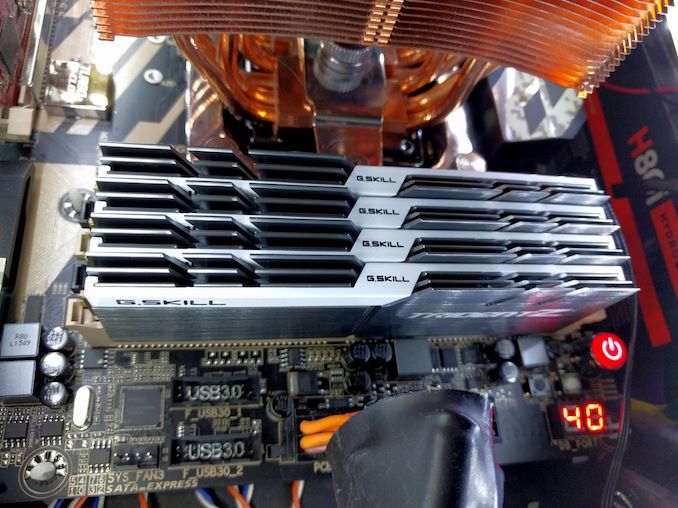
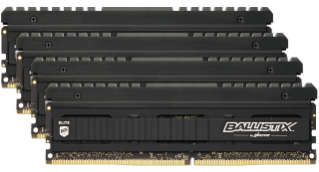
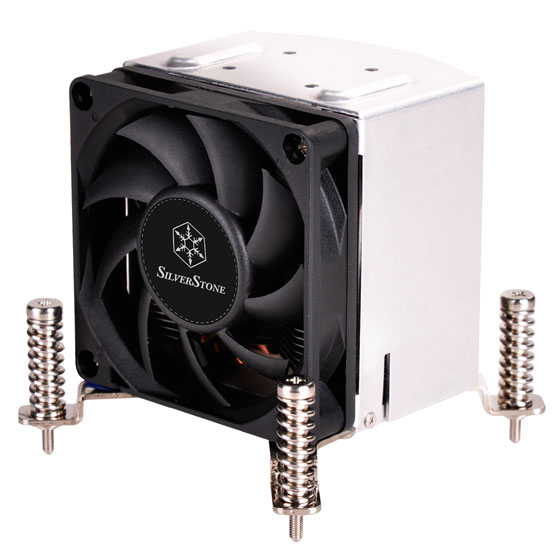
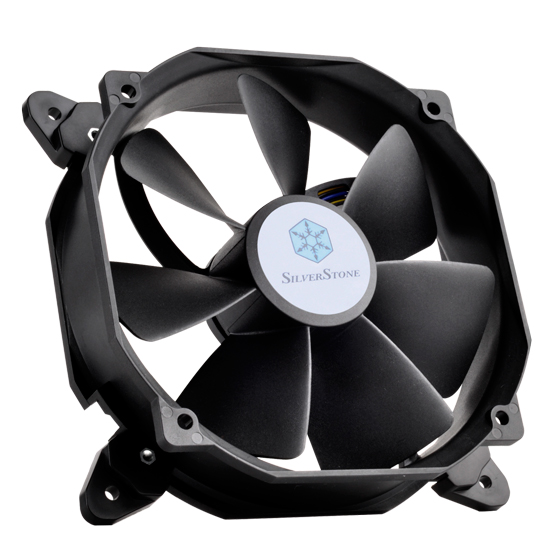








274 Comments
View All Comments
0ldman79 - Friday, October 19, 2018 - link
There are certainly occasions where more cores are better than clock speed.Just look at certain mining apps. You can drop the power usage by half and only lose a little processing speed, but drop them to 2 cores at full power instead of 4 and it is a *huge* drop. Been playing with the CPU max speed in Windows power management on my various laptops. The Skylake i5 6300HQ can go down to some seriously low power levels if you play with it a bit. The recent Windows updates have lost a lot of the Intel Dynamic Thermal control though. That's a shame.
Makaveli - Friday, October 19, 2018 - link
Power consumption rules on mobiles parts why would they release an 8 core model?notashill - Friday, October 19, 2018 - link
Because you get more performance at the same power level using more cores at lower clocks. The additional cores are power gated when not in use.evernessince - Saturday, October 20, 2018 - link
Not judging by the power consumption and heat output displayed here.mkaibear - Friday, October 19, 2018 - link
9700K is definitely the way to go on the non-HEDT. 9900K is technically impressive but the heat? Gosh.It's definitely made me consider waiting for the 9800X though - if the 7820X full load power is 145W ("TDP" 140W) at 3.6/4.3, then the 9800X isn't likely to be too much higher than that at 3.8/4.5.
Hrm.
Cooe - Friday, October 19, 2018 - link
"9700K is definitely the way to go on the non-HEDT."I think you meant to say "Ryzen 5 2600 unless your GPU's so fast, it'll HEAVILY CPU-bind you in gaming" but spelt it wrong ;). The 9700K is a vey good CPU, no doubt, but to claim it the undisputed mainstream champ at it's currently mediocre bang/$ value (so important for the mainstream market) doesn't make any sense, or accurately represent what people in the mainstream are ACTUALLY buying (lots of Ryzen 5 2600's & i5-8400's; both with a MUCH saner claim to the "best overall mainstream CPU" title).
mkaibear - Saturday, October 20, 2018 - link
No, I meant to say "9700K is definitely the way to go on the non-HEDT".Don't put words in people's mouth. I don't just game. The video encoding tests in particular are telling - I can get almost a third better performance with the 9700K than I can the r5 2600x.
>"best overall mainstream CPU" title
Please don't straw man either. Nowhere did I say that it was the best overall mainstream CPU (that's the R7 2700X in my opinion), but for my particular use case the 9700K or the 9800X are better suited at present.
koaschten - Friday, October 19, 2018 - link
Uhm yeah... so where are the 9900k overclocking results the article claims are currently being uploaded? :)watzupken - Friday, October 19, 2018 - link
The i9 processor is expected to be quite impressive in performance. However this review also reveals that Intel is struggling to pull more tricks out of their current 14nm and Skylake architect. The lack of IPC improvement over the last few generations is just forcing them to up the clockspeed to continue to cling on to their edge. Considering that they are launching the new series this late in the year, they are at risk of AMD springing a surprise with their 7nm Zen 2 slated to launch next year.SquarePeg - Friday, October 19, 2018 - link
If the rumored 13% IPC and minimum 500mhz uplift are for real with Zen 2 then AMD would take the performance crown. I'm not expecting very high clocks from Intel's relaxed 10nm process so it remains to be seen what kind of IPC gain they can pull with Ice Lake. It wouldn't surprise me if they had a mild performance regression because of how long they had to optimize 14nm for clock speed. Either way I'm all in on a new Ryzen 3 build next year.